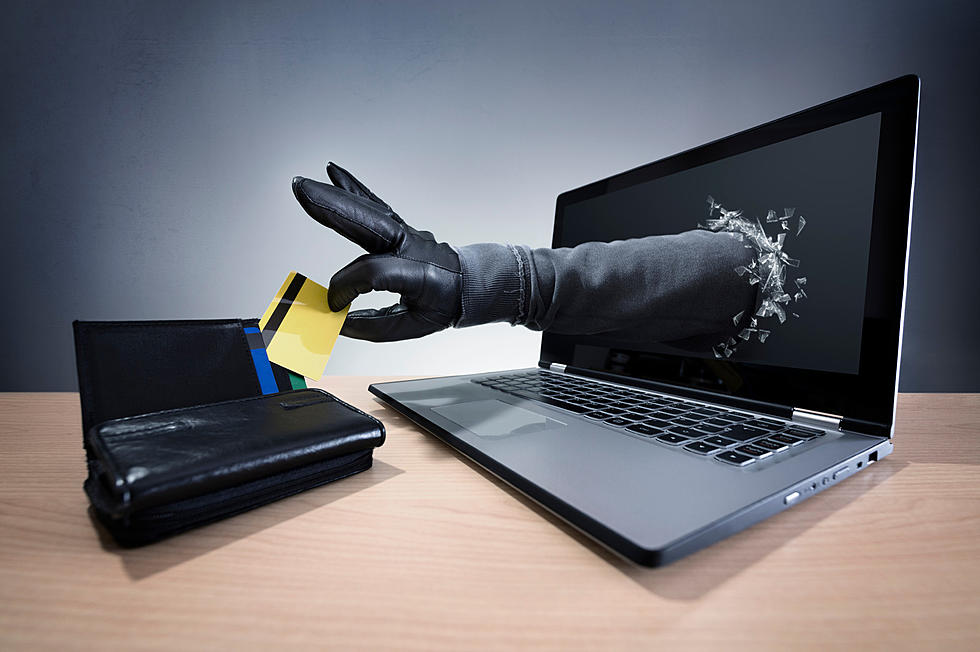
Careful There Are All Kinds Of Scams And Phishers Making The Rounds
The Bennington Police Department has been recently receiving an increase in scam or “Phishing” complaints. There really seems to be a large increase in the different scams that are going on daily in the area as a whole. The company we work for has us even go through security programs so we know what to look out for.
Here are a few tips to help avoid these problems.
Scammers prey on people’s emotions, desires, and curiosities. People’s fears wants, needs and generosity are the tools of scammers who cast wide nets when Phishing. Often coming in email form, scammers will make sent emails appear legitimate in hopes that you click on them.
If you were to open one of these emails, it is possible that they then will advise you that your “Account has come under attack” or “Someone has been making purchases using your account!” then direct you to do something, such as “Click on this link to secure your account”.
Phishers use all forms of media to try to gain from you. Never give out personal sensitive information unless you initiate the conversation with a known party.
Do not click links or call 1-800 numbers attached to an email, they may not be who you think they are. Look up your service provider's information yourself. Spot generic, general or missing greetings in emails along with grammatical errors, incorrect or confusing messages along with text that direct you to do something. Delete messages that ask for private information or just look suspicious.
The practice of “cloning” social media accounts is very common nowadays. As an example, “Facebook” accounts are often copied along with the cloned account’s contacts. These contacts are then “cold texted” asking how things are going, then ask if you’ve heard of the wonderful government free money grant program that they just participated in, or something similar. The person then directs you to correspond with another person who is in charge of this “grant process”, actually the same person who cloned the Facebook account. If some scenario like this happens, no question it is a scammer.
Telephone frauds are still happening. If someone demands that you make payments or bail out your grandchild (who might not quite sound like your grandchild… because they were in a fight, DUI crash, etc., but they did call you by name) using gift cards, yes, it’s a scam. You can’t post bail over the phone here anyway.
What if something like this happens to you? If the incident happens at work, stop what you are doing and report it to the company or the companies IT department. While it may be embarrassing, telling someone sooner than later may prevent damage.
If you are at home, again stop communication at once. Change your passwords if they were given out. If people continue to converse with the scammer, they will use the tools (wants) to make promises of money or threaten consequences (fear) if you do not act.
Take notes when you spoke/conversed and contact your account provider, bank or store to report it. If you are a victim of identity theft have credit bureaus place fraud alerts on your credit reports.

50 Famous Brands That No Longer Exist
CHECK IT OUT: See the 100 most popular brands in America
Beware of These 50 Jobs That Might Vanish in the Next 50 Years
More From WUPE









